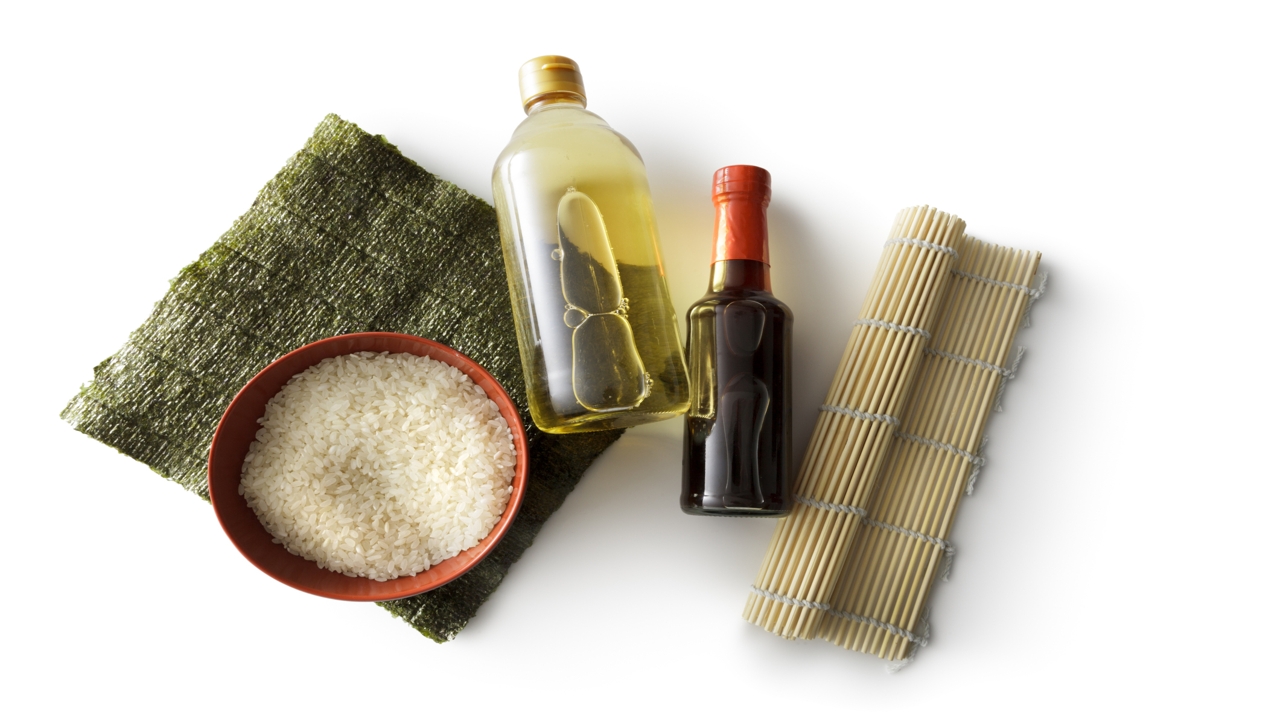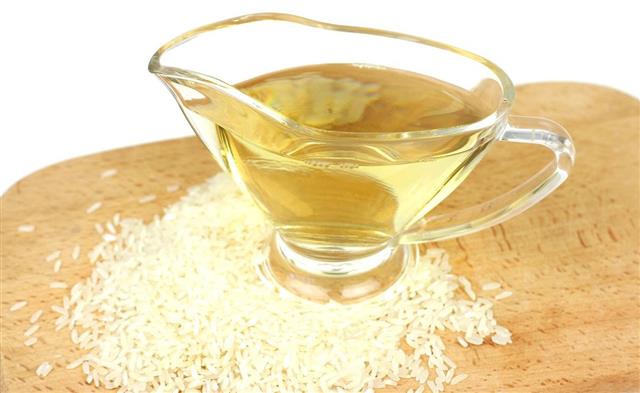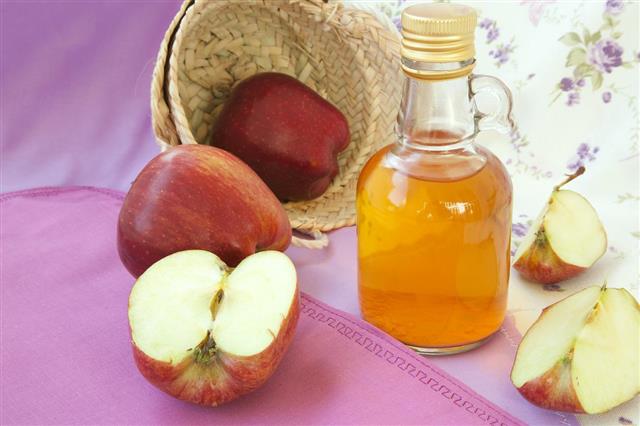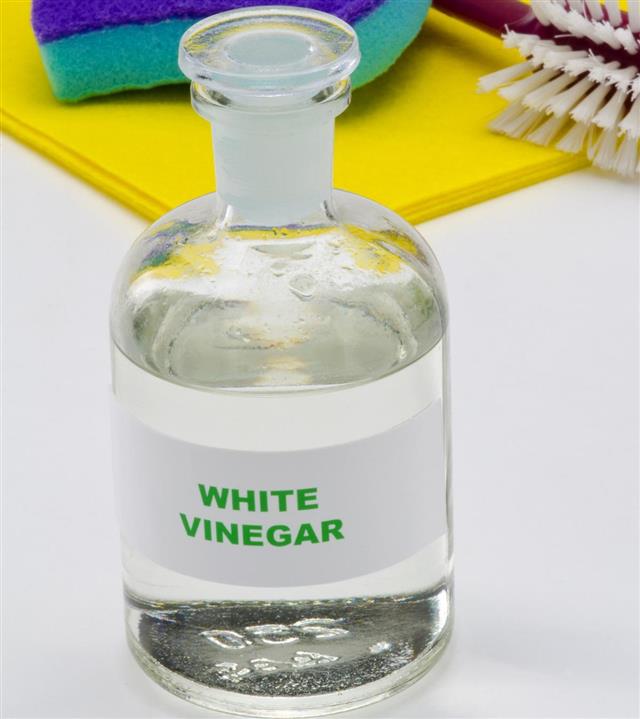
Rice wine vinegar is prepared from fermented rice, and is widely used in Chinese and Japanese cuisines. Find out what can be substituted for this vinegar, in this Tastessence article.
Rice vinegar, which is also known as rice wine vinegar, is a type of vinegar prepared from fermented rice or rice wine. This vinegar is mainly prepared in Asian countries like China, Japan, Korea, and Vietnam. Rice vinegar, especially the Chinese one, comes in a range of colors, from clear to red and brown.
Chinese rice wine vinegar is usually stronger than the Japanese variety. This vinegar is generally less acidic and milder or sweeter than the vinegars made in the Western countries. Therefore, most of the Western vinegars are not good substitutes for rice vinegar.
Rice Wine Vinegar Ingredients
There are basically three types of rice vinegar – white, red, and black. White rice vinegar is more acidic than the black and the red rice vinegars, and is a bit similar to the regular Western vinegars. It has more vinegar content than the red and the black variety.
It is prepared by introducing bacteria to rice wine or fermented rice, which convert alcohol into acetic acid. The main ingredient used in making red rice vinegar is fermented red yeast rice or red fermented rice. This vinegar can be distinguished by its sweet and tart taste and unique flavor.
Black rice vinegar, on the other hand, is made from black glutinous rice, which is also known as sweet rice. It can also be made from sorghum and millet. This vinegar is the darkest of all the three varieties, and is noted for its distinctive smoky flavor. Apart from these, another popular rice vinegar is the seasoned rice wine vinegar, which is made from sake, sugar, salt, and sometimes mirin. It has a stronger taste, and is widely used in Japan to make sushi rice.
Rice Wine Vinegar Substitutes
As mentioned already, rice vinegar is known for its unique flavor and mild taste, which is hardly replaceable by any other vinegars. But still, you can use a light-flavored vinegar to replace it in a recipe, if you cannot find rice vinegar in your local market. Apple cider vinegar is usually milder than most of the regular vinegars, and so, it can be used to substitute rice vinegar.
Otherwise, you can go for the normal white vinegar. But keep in mind that white vinegar is more acidic than rice vinegar. So, be sure to dilute it before using this vinegar to replace rice vinegar in a recipe. You can add ¼ tablespoon of water to ¾ tablespoon of white vinegar to substitute 1 tablespoon rice vinegar.
Another vinegar that can be used to substitute rice vinegar is white wine vinegar. If it is tart or more acidic, then you can add a bit of sugar and salt to create a milder taste like rice vinegar. Similarly, red wine vinegar can also be used as an alternative, though it is usually more acidic than rice wine vinegar.
On the other hand, you can use white rice vinegar for replacing seasoned rice vinegar. As seasoned rice vinegar includes sugar and salt, you have to add both these ingredients to white rice vinegar, before using it to substitute seasoned rice vinegar.
The distinct flavor, as well as the taste of rice wine vinegar are not imitable. This is the reason why it is a favorite for preparing a variety of Asian cuisines, and salad dressings, stir fries, vinaigrettes, dipping sauces, soups, noodles, and seafood dishes.






